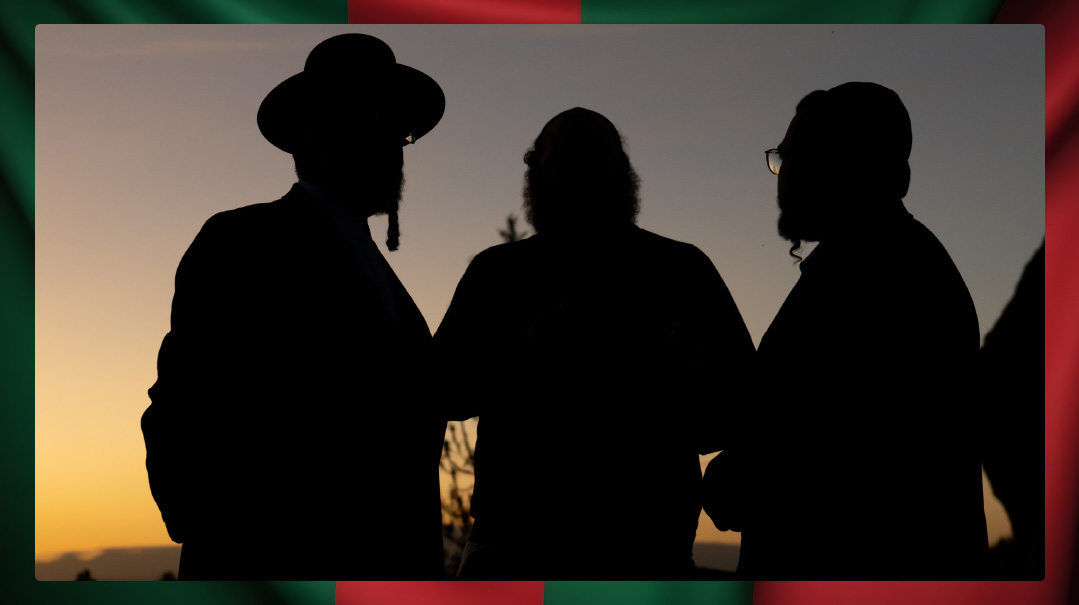Destination: Myanmar
| December 5, 2023A Southeast Asian country currently in the midst of a civil war whose Jewish population can be counted on just one hand

Man on a Mission
One can’t help but wonder what motivates Moshe Klein to devote time and resources to visiting countries that are on few people’s bucket lists. Surely most other members of Williamsburg’s Satmar community don’t dream of visiting Eritrea, Azerbaijan, or Uzbekistan — but Klein, a 29-year-old educator, has always been fascinated by different Jewish communities.
Learning the seforim of Rav Chaim Palagi, a Turkish halachist and kabbalist who died in the mid-1800s, had Klein wondering if Torah still prevailed in his hometown of Izmir. Studying the halachos of the Ben Ish Chai had Klein trying to imagine what Jewish life looks like in the Baghdad of today. He’s developed a keen interest in global Jewish communities, particularly those on the verge of Judaic extinction. Driven to memorialize those rich histories before they disappeared completely, Klein renewed his passport in 2015, invested in a good suitcase, and started making airline reservations.
“I don’t just take a few photos of the synagogue,” Klein clarifies. “When I go, I delve into the community, spending time there, and conducting exclusive interviews to learn about the current Jewish life as well as the community’s rich history.”
Over time this passion has evolved into a mission. Over the past eight years, Klein has visited more than 100 countries, striving to connect with remarkable individuals in each one. He also focuses on developing diplomatic relationships with influential people, including heads of state, an effort that has given him the ability to advocate for the communities he visits, and to build bridges with American Jewry. Given this extensive research, Klein is often invited to lecture about his travels in North American schools, yeshivos, and shuls.
“Yidden today are mostly concentrated within large and established Jewish communities that have a vibrant infrastructure, business opportunities, and frum schooling for the younger generation, but rich historical communities whose stories should be told are being left behind,” observes Klein. “We need to make sure that that doesn’t happen.”
Oops! We could not locate your form.


